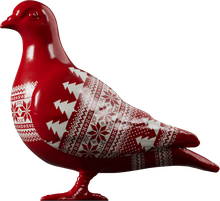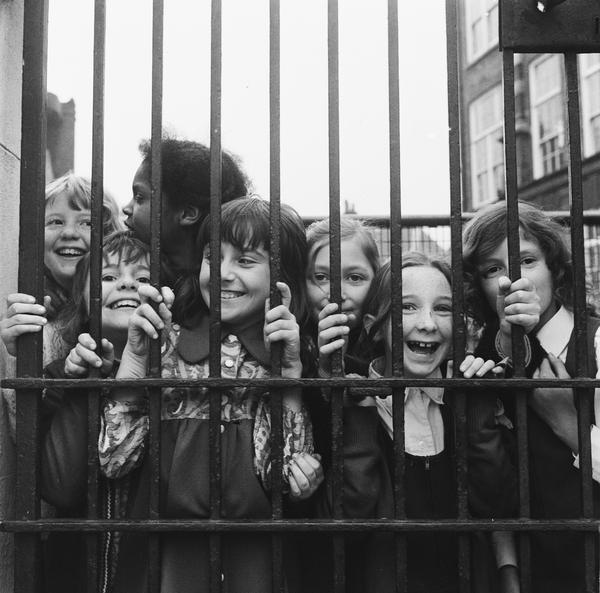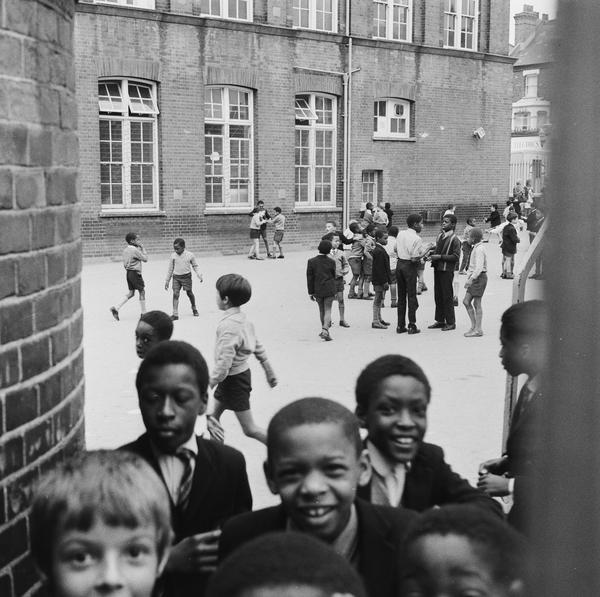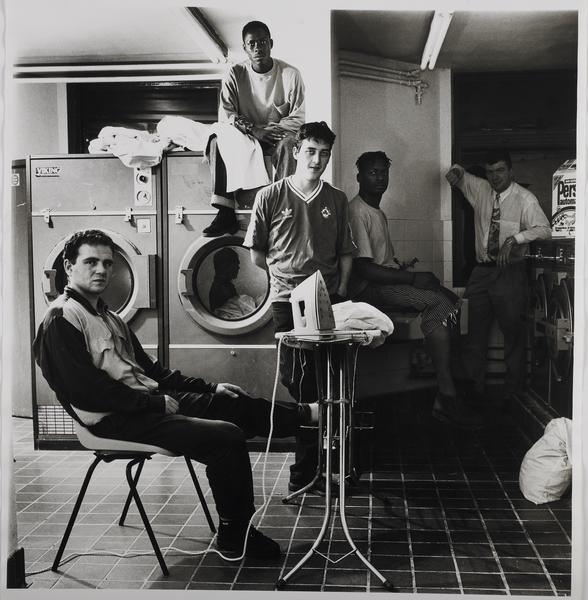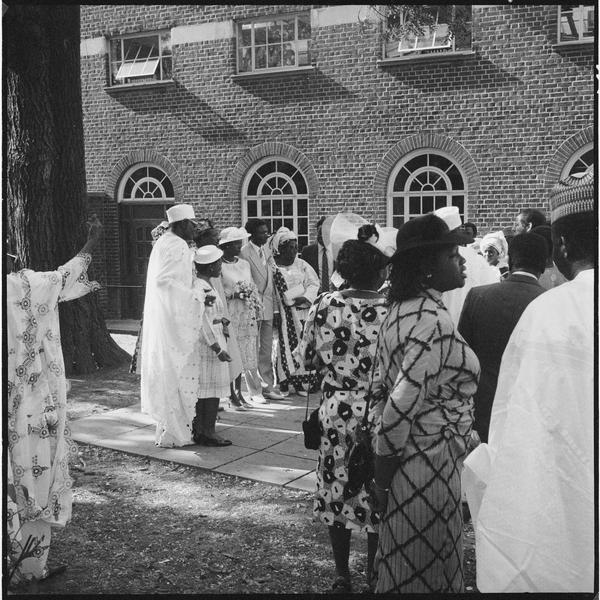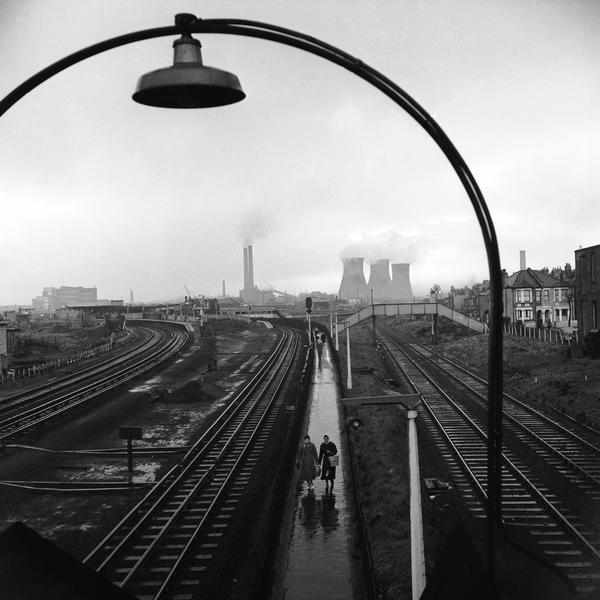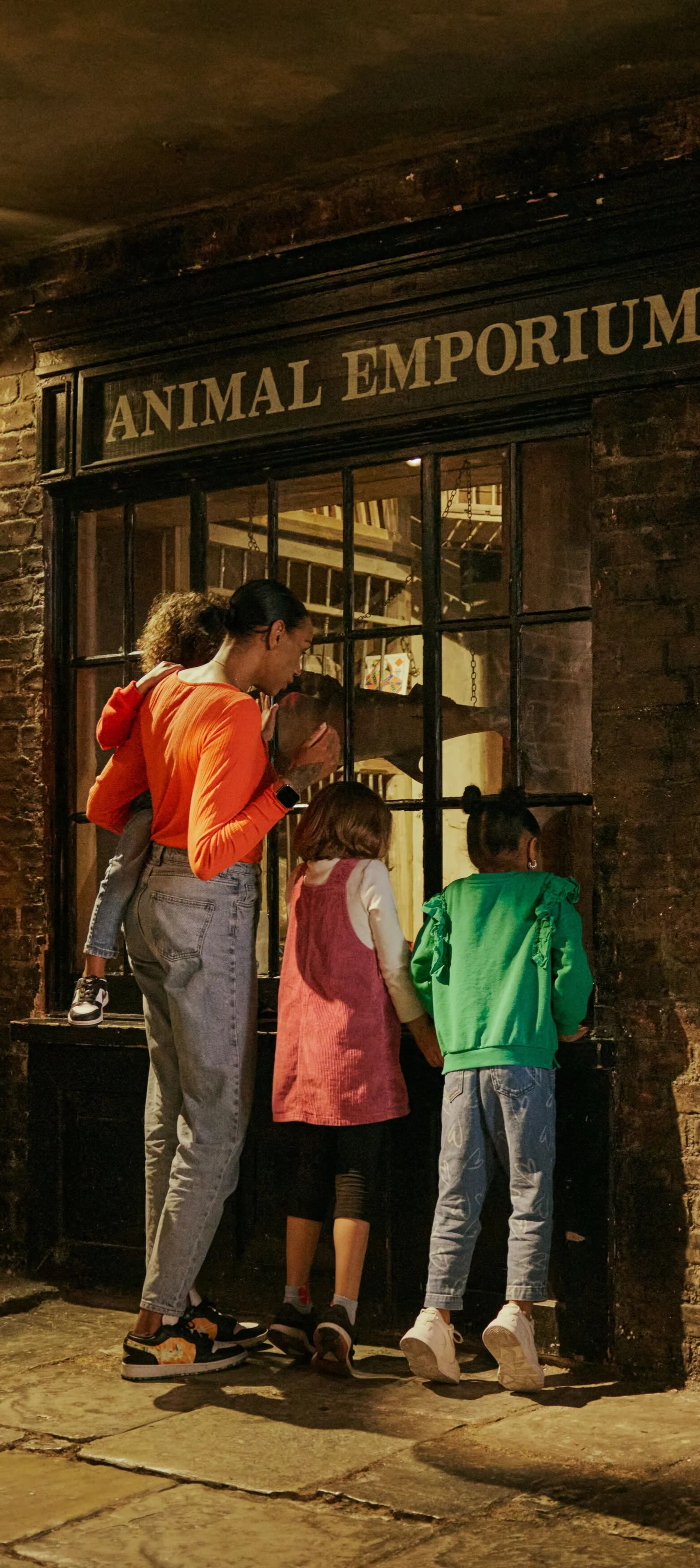Zadie Smith: Writing north-west London
Debuting in 2000 with her best-selling novel White Teeth, author Zadie Smith has written stories that span different themes, genres and time periods. But the throughline of her work? Her home: north-west London.
Brent
Born: 1975

A London state of mind
Zadie Smith writes books that capture London as it is – its languages, its tensions, its contradictions, its joys. She mostly writes about suburbs of north-west London, areas less well trodden in literature than your Sohos and your Westminsters.
A north-west Londoner herself, Smith’s first novel, 2000’s White Teeth, is set in Willesden, where she grew up.
In the decades since, she’s written many novels, essays, children’s books and a play. And still, her hometown remains a common thread, pulling together the tapestry of themes and storylines in her fictional worlds.
Where’s Zadie Smith from?
Smith was born and raised around Willesden and Kilburn, two areas that frequently turn up as her characters’ stomping grounds. Her mum moved from Jamaica to England in the 1960s. Her English dad served in the Second World War (1939–1945).
She spent her early years living on a local council estate and studied at the local state schools, where she remembers over one hundred languages being spoken.
She found her love of literature as a child, and nurtured it all the way to the prestigious Cambridge University, where she studied English Literature. It was there where she started writing White Teeth.
Smith’s debut novel White Teeth was a best-seller
While at Cambridge, Smith’s talent for writing short stories caught the attention of the literature world. When she was in her final year, aged just 21, she was paid an advance of £250,000 by a publisher to turn an 80-page extract into a fully formed novel.
White Teeth was published in 2000 to popular acclaim. The Guardian praised her as “the first publishing sensation of the millennium”. The New York Times delighted in “the debut of a preternaturally gifted new writer”. She was 24 years old.
What is White Teeth about?
Set in Willesden, the novel tells the story of two friends, Bangladeshi Samad Iqbal and Englishman Archie Jones, who met while serving in the Second World War. Much of the story takes place after 1975. But it also intertwines these two veterans’ family histories, stretching back in time to events in Britain’s colonial past.
“A lot of things that happened in England… can be found in north-west London in miniature”
Zadie Smith, 2018
The action takes place across this working-class suburb – in a Jamaican hair salon, on the number 52 bus, a public school, an Irish poolroom turned immigrant cafe. The book navigates friendship and love while dealing with issues of migration, racism, cultural identity and Britain’s relationship with its former colonies.
“A lot of things that happened in England over the past three centuries can be found in north-west London in miniature…” Smith told the Guardian, “enclosure, industrialisation, suburbanisation, immigration, gentrification…”
Writing about London in NW and Swing Time
Willesden and its surrounding neighbourhoods reappear time and time again in Smith’s novels. NW, published in 2012, explores class and cultural identity through the lives of four characters who grew up together on a Kilburn council estate. Its title refers to the north west London postcode, ‘NW’. And 2016’s Swing Time traces the breakup between two childhood friends, both mixed heritage girls from Willesden, who dreamed of becoming dancers.
“She’s one of the few writers who has been able to write about the London I grew up in”
Nikesh Shukla, 2016
Smith’s characters feel so familiar to many Londoners. They could be your neighbours, your school friends, your locals down the pub. They speak using London slang and dialects which you could pin down to a specific postcode.
Author Nikesh Shukla described her as “one of the few writers who has been able to write about the London I grew up in, complex, multicultural London, lived-in London; not tourist London, Richard Curtis London where brown or black people barely exist, but my London”.
The Fraud
Smith’s 2023 historical novel The Fraud returns to familiar territory. But this time, we’re flung back to the mid-19th century, when the landscape of Kilburn was shifting from rural fields to a developed London suburb.
The story centres on the real-life trial of an east London butcher who tried to claim inheritance from the Tichbornes, an extremely wealthy family. The case captivated Victorian society and was one of the country’s longest-running trials.
One of Britain’s most celebrated authors
Smith has spent the decades since at the dizzying heights as a best-selling novelist. She lived in the United States for 17 years teaching fiction at two New York universities.
But when she moved back to England in 2023, she still laid down roots in her north-west hometown. When asked “what makes someone a Londoner?” by the Standard, she replied: “An irrational love for their Ends”.

